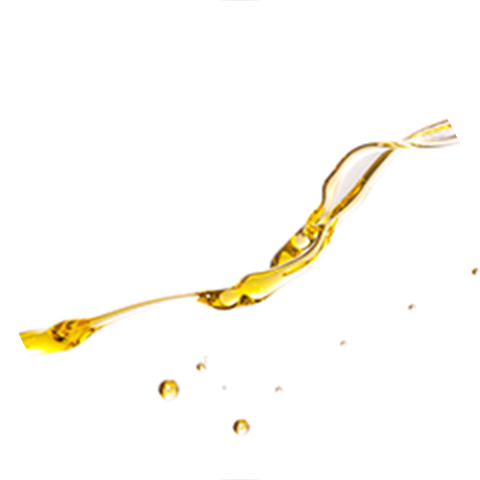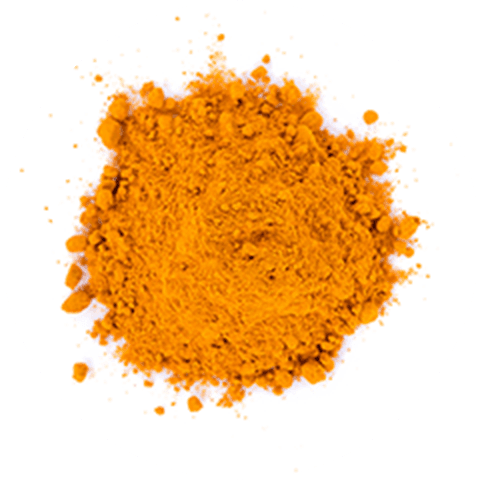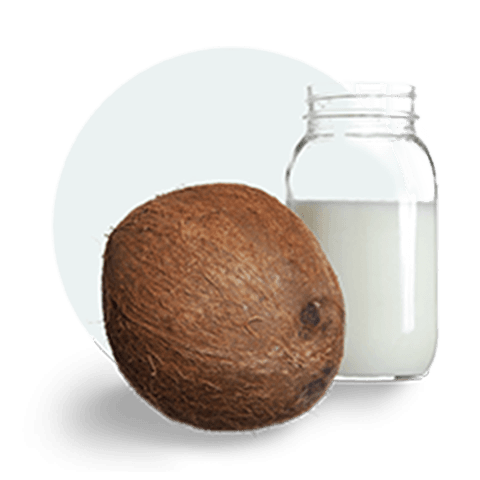Investigating natural home remedies for eczema
We explore the effectiveness of 3 unconventional eczema therapies
The itch and rash of eczema can be extreme. Which leads us to our hypothesis: One of the reasons people may seek out natural home remedies is because even temporary relief is better than no relief. Home remedies may address your symptoms—but not the root cause of eczema.
So always turn to your doctor first, and never replace your prescribed treatment plan with alternatives. But if you’re still curious, let’s investigate some unconventional eczema therapies you may have read about.
Sunflower oil
Sunflower oil may help your skin retain moisture. But here’s the kicker: It’s also known to have anti-inflammatory properties. And science connects the excess inflammation associated with eczema to…dun dun dun: the dreaded itch.
Some suggest applying sunflower oil to skin twice a day, with one of those times being on wet skin after bathing.

Turmeric
For a more flavorful anti-inflammation remedy, humans have been reaching for the spice rack since ancient times—specifically for turmeric. You might recognize its signature orange-yellow hue.
We don’t have hard evidence that turmeric can improve eczema symptoms, but we do know it’s been safely used for thousands of years. At least one expert recommends using turmeric-containing creams or oral supplements from trusted companies, if—and only if—your doctor gives it the okay.

Coconut oil
Studies show that applying coconut oil topically can cut down the number of infection-causing bacteria on your skin. That’s good! Because when you scratch your eczema, you unintentionally damage your skin barrier—leaving it sensitive to external irritants and possibly bacteria and viruses. Your body fights the bad stuff with, yep, even more inflammation. The itch-scratch cycle is no joke.
Believers of coconut oil’s benefits say to apply it once or twice a day to damp skin. Look for coconut oils that are “virgin” or “cold pressed”—a method of oil extraction that doesn’t use chemicals, which could irritate your skin. But don’t go lathering yourself up unless your doctor approves.

Consider another alternative
Get your moving meditation on with yoga or tai chi. Both are ancient mind-body practices designed to achieve focus, clarity, and relaxation through gentle exercise. They’re known to help people with eczema reduce their stress.
Or simply hit up your circle of friends. Positive social connections and lower levels of inflammation are actually related—which means hanging with friends and loved ones can indirectly benefit your eczema.

Understand all your treatment and management options
As always, talk to your eczema specialist before adding any remedy—traditional or alternative—to your routine. It’s the best way to learn about any treatment option.



